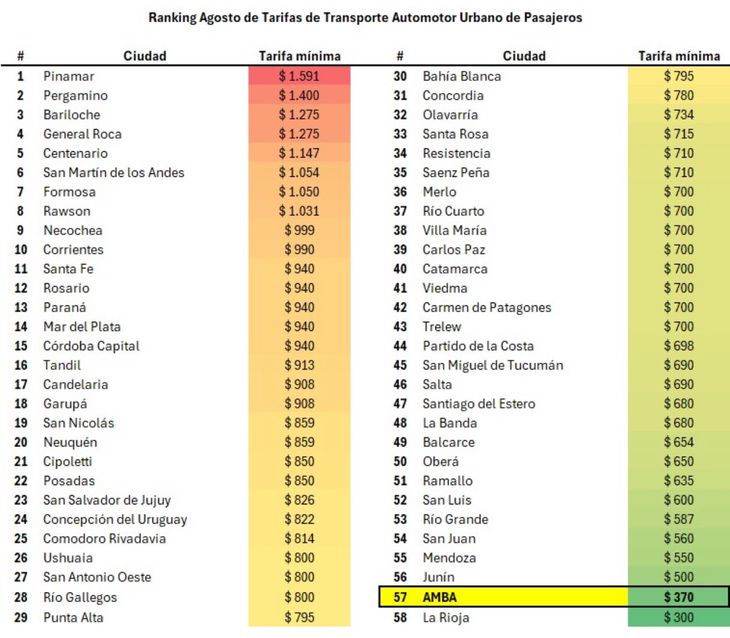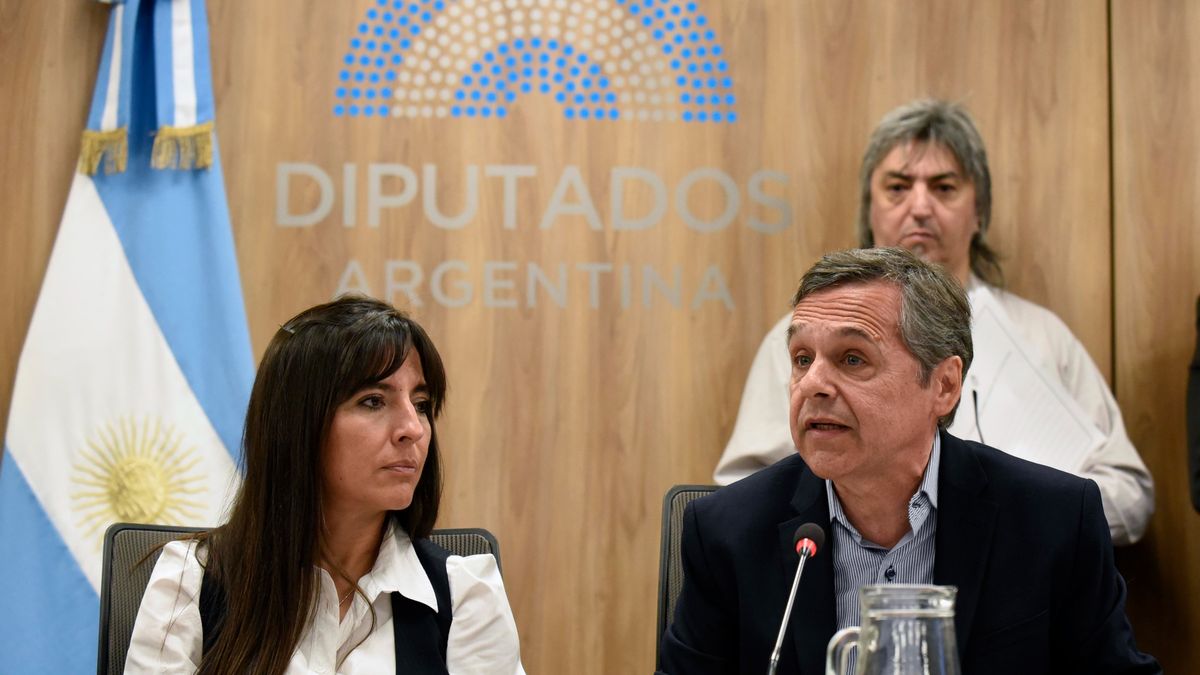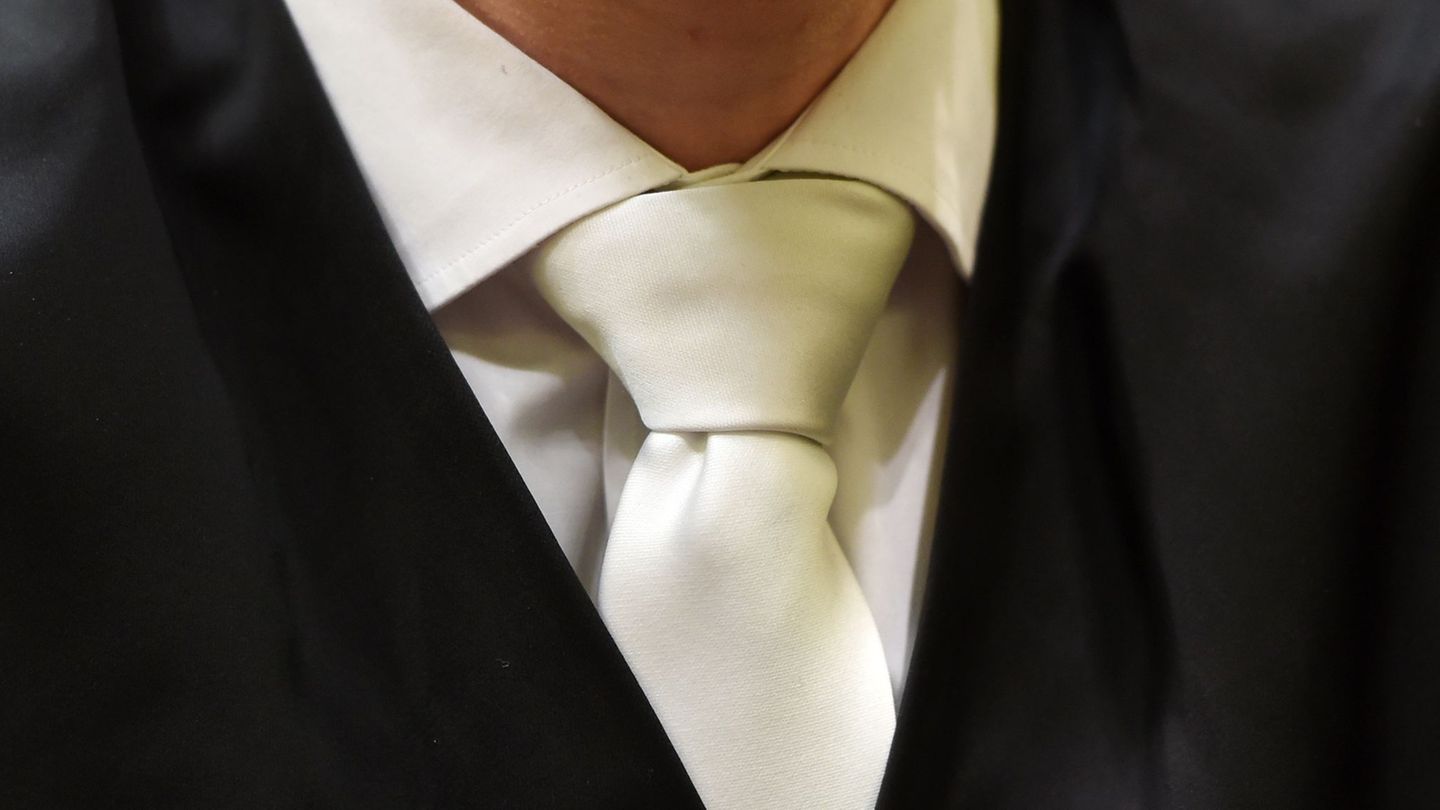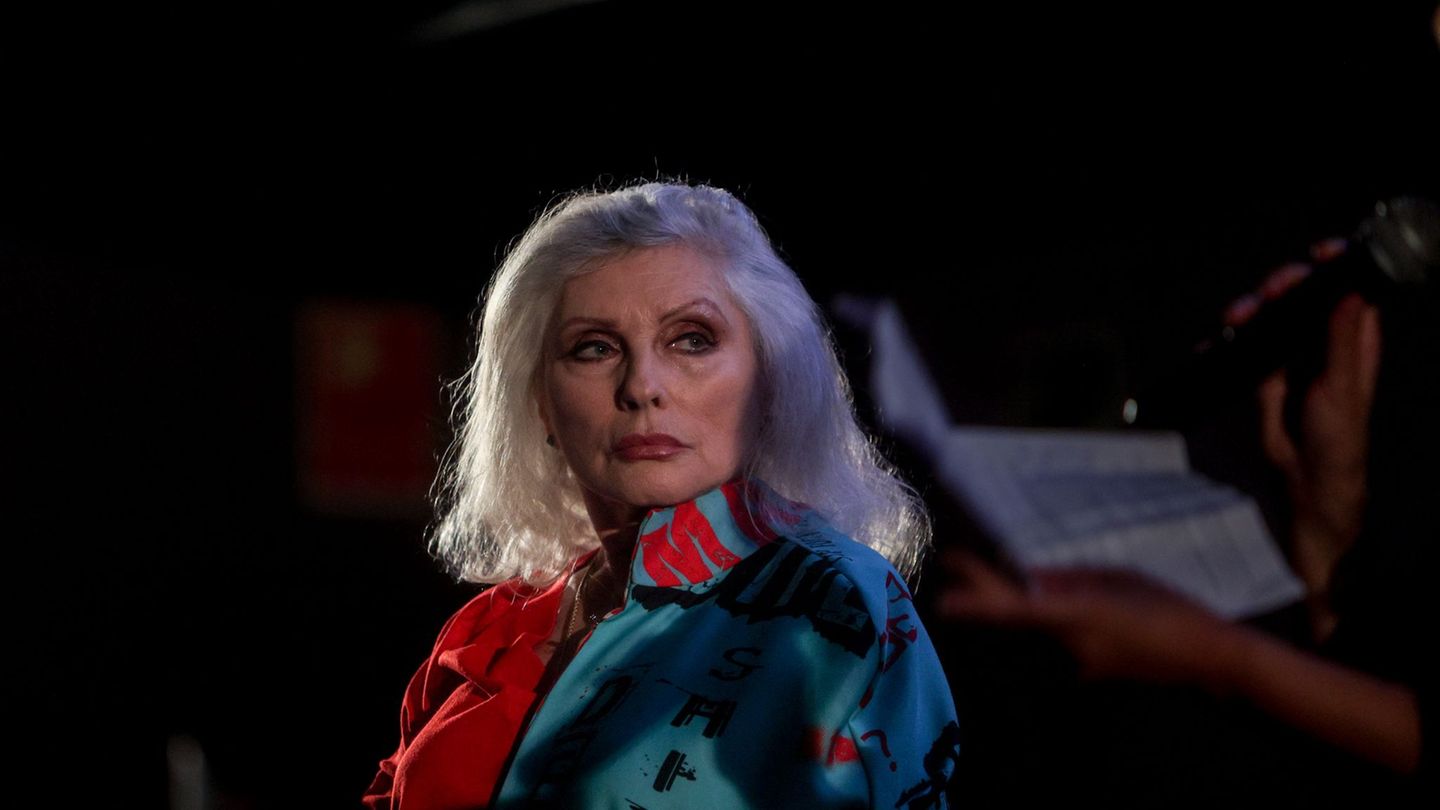Since June, and based on a joint claim they made in the Congress of the Nationthe Federal Network of Mayors presented a project to recompose the Federal Compensation Fund for Urban and Suburban Public Passenger Transportation Systemsdiscontinued since the change of management. This Thursday, Deputies agreed to reach a consensus on a project.
Members of the Transport Commission The lower house of the legislature established that next Tuesday, starting at 10:30 a.m., they could issue an opinion to strengthen the transfer of subsidies to alleviate the costs of urban transport services. The project promoted by the mayors aims to equitable distribution of fuel taxes paid by all districts, in such a way as to subsidize users – and not bus companies, as is currently the case – and avoid increases in the ticket price or reductions in service.
In this context, the head of the commission, the Mendoza native Pamela Verasay (UCR) proposed a recess to agree on a project. Until now, a joint drafting between the radicalism, the PRO, the Civic Coalition and Freedom Advances. Representing the ruling party, the Corrientes native Lisandro Almiron He pointed out that a proposal will be presented “according to the possibilities that the State has”: “It is essential to agree with the entire political spectrum in the face of this “The need to know specifically what expenditures the State has to meet this significant expenditure in terms of transportation throughout the country”.
Transport Compensation Fund: the opposition’s position
Representatives of Union for the Homeland They asked to revalue the project presented by the mayors when establishing an opinion. In this sense, the Santa Fe native expressed himself Diego Giulianowho recalled that “in many places, there is a asymmetry that has a long history in Argentina“, a situation that is transferred to the cost of urban transport.
Eduardo Toniolli
Eduardo Toniolli, deputy from Santa Fe for the Union for the Homeland.
In this sense, the deputy asked to consider cities where “there is a Greater territorial extension and fewer passengers transported, because the economic and financial equation of transport is complicated” and requested the inclusion of “a transition period of subsidy, in this case as requested by the mayors to the offer until within a year we can have SUBE in all of Argentina’s users.”
He is also from Santa Fe Eduardo Toniolli He described that “local governments, in the case of urban transport, and provincial governments in the case of interurban transport, had to increase public passenger transport fares “to be able to cover those funds that the Nation stopped sending.”Companies took bus units off the streetsof the routes, depending on whether the numbers fit a little more,” he added.
It was in this context that he understood that “the proposal for a recess is to expand the definition that we have been demanding for a long time” and pointed out that it is “a multiparty claim of those who have management responsibilities and are seeing that they are going to be left without mobility in their cities or their regions.” Finally, he hoped “to be able to approve the project in the chamber with a number that makes it impermeable to the compulsion that this President of the Nation has to veto everything what he considers to be playing in his box.”
Transportation: the ten cities in the country where the ticket price exceeded $1,000
There are at least ten Argentine cities with a ticket price of more than $1000. According to the ranking prepared by the AAETAthe Argentine town with the most expensive ticket in the country continues to be Pinamarwhich since June established a rate of $1591. Another city in Buenos Aires, Parchmentis in second place with a ticket price of $1400. They share the podium Barilochewhere two increases were made in a month and a half to reach $1275, the same value as the also Rio Negro commune of General Roca.
Although it is not in the AAETA ranking, the Santa Fe native Rafaela has a ticket price of $1200. Two municipalities of Neuquén occupy the sixth and seventh place: Centenary ($1147) and Saint Martin of the Andes ($1054). Next is the city of Formosawhich after more than two months without urban transport resumed service at a cost of $1050 per ticket. Finally, the other two locations with four-digit fares are Rawson ($1031) and Reconquest ($1000).
Ticket for Country Buses.jpg

Ranking of bus ticket costs until August 2024, according to AAETA.
The cheapest ticket in the entire country continues to be that of the Santa Fe town of One-eyed Deerwhich municipally supports the service at a symbolic cost of $10. However, within the large cities, the city of Rioja has a fare of only $300, while the AMBA has a $370 ticket.
Source: Ambito
I am a 24-year-old writer and journalist who has been working in the news industry for the past two years. I write primarily about market news, so if you’re looking for insights into what’s going on in the stock market or economic indicators, you’ve come to the right place. I also dabble in writing articles on lifestyle trends and pop culture news.




